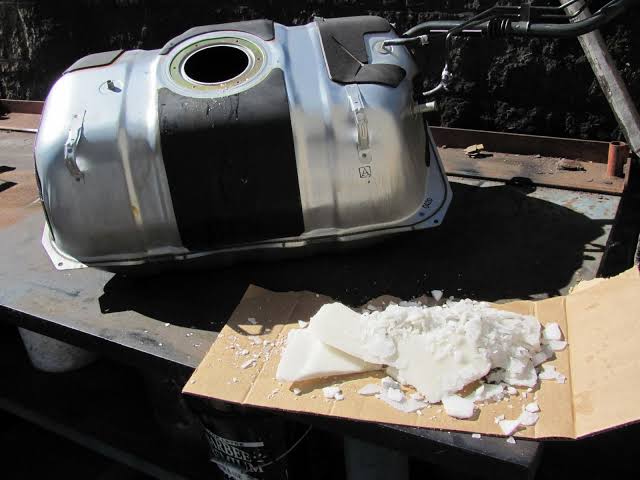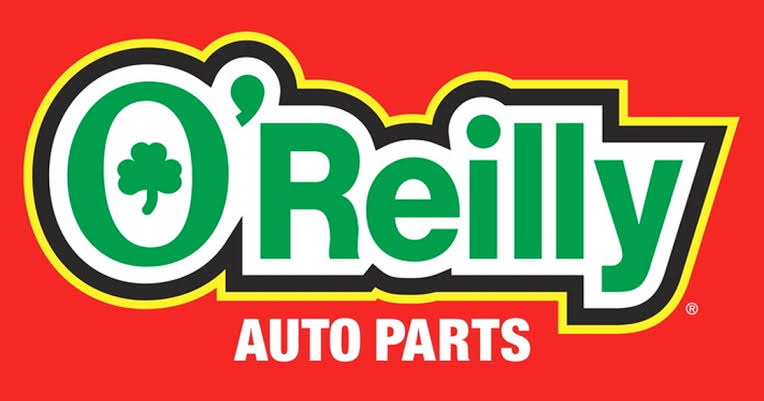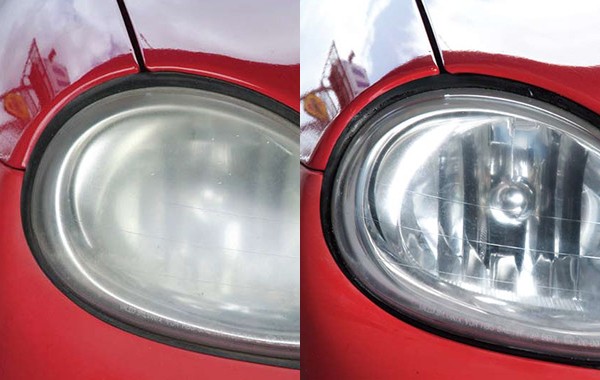Does Sugar Dissolve In Petrol?

Sugar and petrol are two substances with distinct chemical properties, and their interaction has been a topic of curiosity and even urban legends. Many wonder whether sugar dissolves in petrol, especially given myths about its effects on vehicle engines. The short answer is no, sugar does not dissolve in petrol. Let’s explore the science behind this, why it matters, and the implications for vehicles.
Why Doesn’t Sugar Dissolve in Petrol?
To understand why sugar doesn’t dissolve in petrol, we need to consider their chemical structures:
1. Sugar’s Chemical Properties
Sugar (sucrose) is a polar molecule. It dissolves readily in polar solvents like water due to its ability to form hydrogen bonds.
2. Petrol’s Chemical Properties
Petrol is a non-polar hydrocarbon-based solvent. It lacks the ability to form hydrogen bonds and therefore cannot dissolve polar substances like sugar.
3. The Principle of Polarity
A general rule in chemistry is that “like dissolves like”:
- Polar substances dissolve in polar solvents.
- Non-polar substances dissolve in non-polar solvents.
Since sugar is polar and petrol is non-polar, they are incompatible.
What Happens When Sugar Is Added to Petrol?
If sugar is introduced into petrol, it doesn’t dissolve but instead settles as a solid. Here’s what typically happens:
1. Sugar Remains Insoluble
Sugar particles sink to the bottom or remain suspended in the petrol as undissolved granules.
2. Potential for Blockages
If sugar-contaminated petrol enters a vehicle’s fuel system, the undissolved sugar can clog fuel filters or injectors, leading to performance issues.
Myths About Sugar in Petrol
There is a persistent myth that adding sugar to a car’s petrol tank can destroy the engine. While the truth is more nuanced, sugar in the fuel system can indeed cause problems:
1. Myth: Sugar Dissolves and Damages the Engine
This is false. Since sugar doesn’t dissolve in petrol, it won’t chemically react with the fuel or engine components.
2. Fact: Sugar Can Clog the Fuel System
The real issue is mechanical, not chemical. Undissolved sugar can obstruct the fuel filter or injectors, disrupting fuel flow and potentially causing the engine to stall.
Implications for Vehicle Performance
If sugar is introduced into a vehicle’s fuel system, it can cause:
1. Clogged Fuel Filters
Sugar particles can accumulate in the fuel filter, reducing fuel flow and forcing the engine to work harder.
2. Fuel Injector Blockages
Fine sugar particles may pass through the filter and clog the injectors, disrupting the air-fuel mixture and affecting performance.
3. Increased Repair Costs
While sugar itself doesn’t damage the engine, cleaning out the contaminated fuel system can be labor-intensive and expensive.
How to Deal With Sugar in Petrol
If sugar contamination is suspected in a vehicle’s fuel system, prompt action is crucial:
1. Do Not Start the Engine
Starting the engine can circulate sugar particles through the fuel system, exacerbating the problem.
2. Drain the Fuel Tank
The contaminated petrol should be drained, and the tank cleaned to remove all sugar particles.
3. Replace the Fuel Filter
Replacing the fuel filter ensures no residual sugar obstructs fuel flow.
4. Professional Inspection
A mechanic should inspect the fuel injectors and other components for potential blockages.
FAQs
1. Can sugar cause permanent damage to a car engine?
No, sugar itself won’t cause permanent engine damage, but it can clog the fuel system, leading to costly repairs if not addressed.
2. Does sugar dissolve in other fuels, like diesel?
No, sugar does not dissolve in diesel or other non-polar fuels for the same reasons it doesn’t dissolve in petrol.
3. How can I tell if my petrol is contaminated with sugar?
Signs of fuel contamination include engine stalling, reduced performance, and difficulty starting. A mechanic can inspect and confirm contamination.
4. What should I do if I accidentally put sugar in my petrol tank?
Do not start the vehicle. Contact a mechanic immediately to drain and clean the fuel system.
5. Is there any solvent that dissolves sugar?
Yes, sugar dissolves in polar solvents like water, ethanol, or methanol.
Conclusion
Sugar does not dissolve in petrol due to their differing chemical properties. While sugar contamination in a fuel system is not as catastrophic as myths suggest, it can still lead to clogged filters and injectors, causing significant inconvenience and repair costs. If sugar accidentally enters a vehicle’s petrol tank, immediate action is necessary to prevent further complications.
Also Check:
• Does Engine Oil Have an Expiration Date?






One Comment